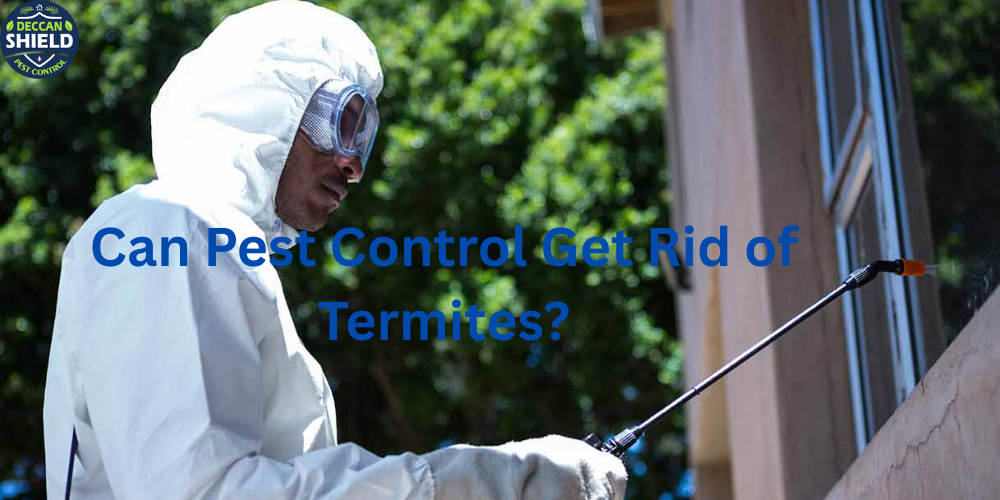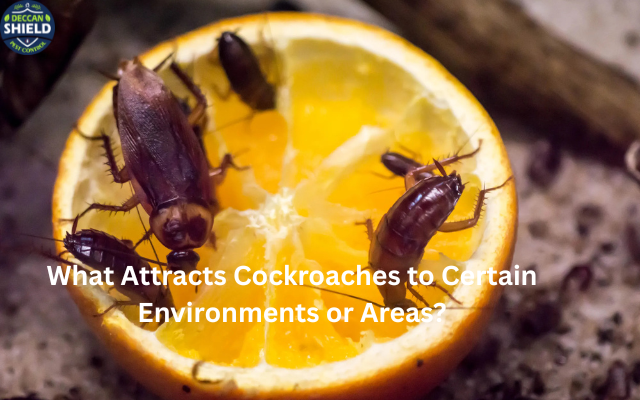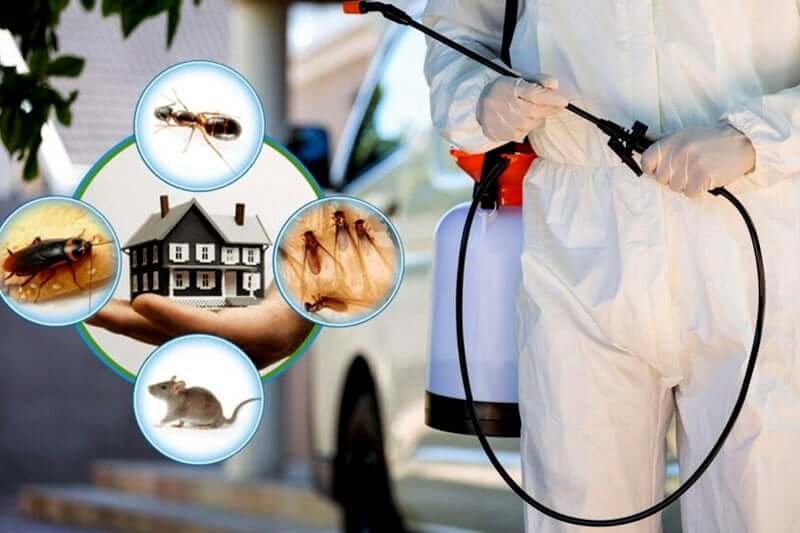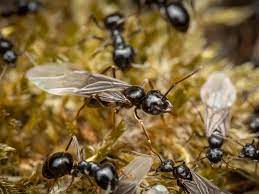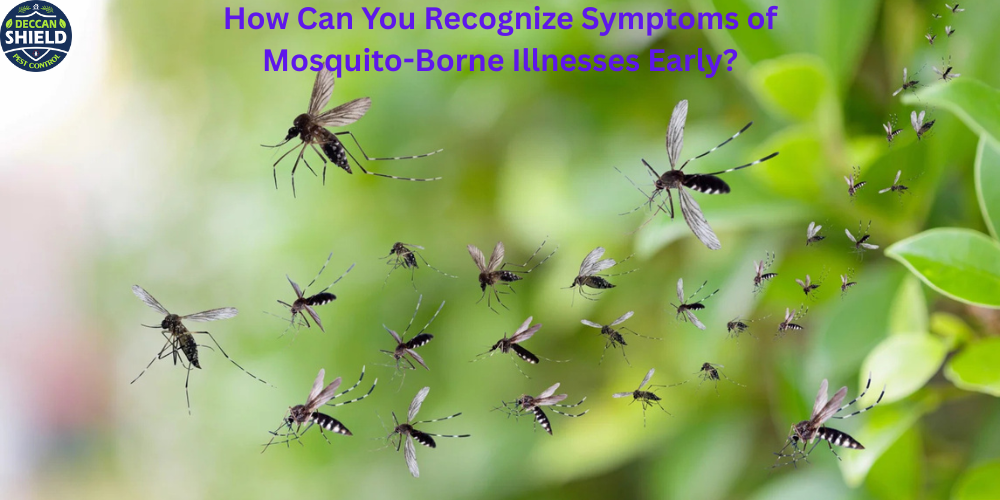Can Bedbug Bites Cause Infections or Health Issues?
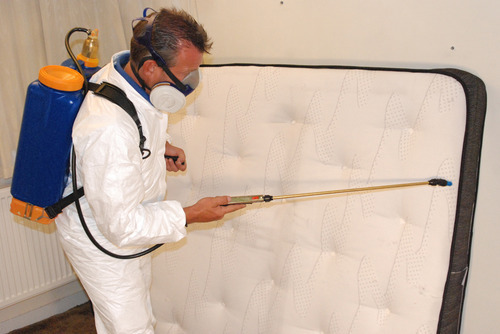
Strong 8k brings an ultra-HD IPTV experience to your living room and your pocket.
Bedbugs are tiny nocturnal pests that feed on the blood of humans and animals, typically while they sleep. While bedbugs themselves are not known to directly transmit deadly diseases, their bites can lead to a series of unpleasant and potentially serious health issues. From skin infections caused by scratching to allergic reactions and mental health disturbances, bedbug bites can severely affect quality of life.
In this blog post, we’ll explore whether bedbug bites can cause infections or health issues, and how you can protect your family through timely and professional bedbug control services.
What Are Bedbugs?
Bedbugs are small, reddish-brown, wingless insects that live in cracks, mattresses, headboards, and other hidden areas close to sleeping areas. Adult bedbugs are about the size of an apple seed, and they emerge at night to feed on blood. After feeding, they leave behind itchy, red bite marks on the skin.
They are incredibly resilient, multiply quickly, and can survive months without a blood meal, making infestations extremely difficult to eliminate without professional intervention.
What Do Bedbug Bites Look Like?
Bedbug bites typically appear as:
• Small, red, itchy bumps or welts
• Bites in a straight line or zigzag pattern
• Often found on exposed skin: arms, neck, face, shoulders, and legs
• May resemble mosquito or flea bites, which makes identification tricky
While some people may not react at all, others may develop intense itching, swelling, and even blisters.
Can Bedbug Bites Cause Infections?
Yes, bedbug bites can lead to secondary infections, particularly if the bites are scratched excessively. The most common types of skin infections include:
1. Impetigo
Impetigo is a contagious bacterial skin infection that typically affects children but can also affect adults. If you scratch bedbug bites frequently, bacteria like Staphylococcus aureus or Streptococcus pyogenes can enter the skin and cause red sores, blisters, and yellow crusts.
2. Cellulitis
Cellulitis is a deeper bacterial skin infection. If bacteria enter through broken skin from scratching a bedbug bite, it can cause redness, swelling, and warmth in the affected area. In severe cases, it may lead to fever and spread rapidly, requiring antibiotics or hospitalization.
3. Lymphangitis
This is a rare but serious infection where bacteria spread through the lymphatic vessels, often originating from an infected bite. It presents with red streaks on the skin, fever, and swollen lymph nodes.
Are Bedbug Bites Dangerous?
Though not inherently dangerous, bedbug bites pose various health concerns—ranging from mild irritation to severe allergic reactions and mental distress. Some of the key health risks include:
1. Allergic Reactions
Some individuals may experience hypersensitive immune reactions to bedbug saliva. This can lead to:
• Severe itching and swelling
• Blisters or hives
• Anaphylaxis in extremely rare cases
Allergic reactions require immediate medical attention, especially if symptoms escalate quickly.
2. Insomnia and Sleep Disturbances
Bedbug activity is nocturnal, meaning they feed while people sleep. Over time, the fear of being bitten can cause:
• Insomnia
• Anxiety before bedtime
• Sleep deprivation
• Reduced focus and productivity
Sleep deprivation can eventually lead to poor mental and physical health.
3. Mental Health Effects
Living with a bedbug infestation can be mentally exhausting. Studies and real-world experiences reveal that:
• Victims may develop chronic anxiety or depression
• People often report paranoia or constant fear of being bitten
• Social stigma can cause embarrassment and isolation
In extreme cases, individuals may suffer from PTSD-like symptoms, especially if the infestation persists for a long time without proper treatment.
4. Respiratory Issues (Rare but Possible)
While not a direct result of bites, infestations can trigger asthma or allergic reactions in sensitive individuals. Shed bedbug skins and fecal matter can become airborne and act as allergens.
How Do Bedbugs Affect Vulnerable Populations?
Certain groups are more susceptible to the adverse effects of bedbug bites, including:
• Children: Due to sensitive skin and a higher likelihood of scratching.
• Elderly individuals: Slower immune response and healing process.
• Immunocompromised people: Higher risk of secondary infections.
• People with mental health conditions: May suffer increased anxiety or depressive symptoms.
Can Bedbugs Transmit Diseases?
There’s currently no solid evidence that bedbugs are natural vectors of disease in the way mosquitoes or ticks are. However, some laboratory studies have shown that bedbugs can carry:
• Hepatitis B
• Trypanosoma cruzi (causes Chagas disease)
• HIV (though it does not survive or multiply in bedbugs)
That said, there is no confirmed case of disease transmission to humans by bedbugs under natural conditions. So, while disease spread is unlikely, the indirect health issues are quite real and concerning.
Common Misconceptions About Bedbug Bites
Let’s clear up a few myths:
Myth 1: Bedbugs only infest dirty places.
Fact: Bedbugs are not attracted to filth; they are attracted to blood. They can infest clean homes, hotels, and even luxury apartments.
Myth 2: Bedbug bites are easy to identify.
Fact: Bites can resemble those of mosquitoes or fleas, and some people don’t react at all.
Myth 3: DIY remedies are always effective.
Fact: Home remedies might reduce itching but don’t eliminate the infestation. Professional bedbug control services are essential for complete eradication.
What Should You Do If You’re Bitten by Bedbugs?
If you suspect you’ve been bitten, follow these steps:
1. Clean the bite area with soap and water to reduce the risk of infection.
2. Avoid scratching as much as possible.
3. Apply topical anti-itch creams (calamine lotion, hydrocortisone).
4. Use oral antihistamines if you have significant swelling or itching.
5. If signs of infection appear (pus, increasing redness, warmth), seek medical care.
How to Prevent Bedbug Bites and Infestations
1. Inspect Sleeping Areas
Regularly check mattresses, bed frames, and nearby furniture for signs like:
• Tiny blood stains
• Dark fecal spots
• Molted skins
• Musty odour
2. Be Cautious While Travelling
Inspect hotel beds, luggage racks, and furniture. Keep bags elevated and away from the bed.
3. Wash Bedding Regularly
Wash sheets, pillowcases, and blankets in hot water (above 60°C) to kill any hiding bugs.
4. Declutter Your Home
Clutter gives bedbugs more places to hide, making infestations harder to detect and treat.
5. Call Professional Bedbug Control Services
DIY sprays or traps may offer temporary relief, but professional pest control is the only proven way to remove bedbugs completely.
Professional Bedbug Control Services in Hyderabad
If you’re dealing with bites or signs of an infestation, Deccan Shield Pest Control offers:
• Thorough inspection of your premises
• Eco-friendly, safe treatments for families with kids and pets
• Advanced heat and chemical treatment options
• Follow-up visits to ensure complete eradication
We specialize in bedbug control services in Hyderabad and nearby regions, offering personalized plans depending on infestation severity.
Conclusion
While bedbug bites might seem harmless at first glance, the reality is more serious. They can lead to skin infections, allergic reactions, mental health issues, and sleep disturbances. Although they are not known to transmit deadly diseases, their impact on health and wellbeing is undeniable.
If you suspect an infestation, don’t wait for it to get worse. Seek timely help from professional bedbug control services like Deccan Shield Pest Control. Early intervention not only protects your home but also ensures your family's health and peace of mind.
Note: IndiBlogHub features both user-submitted and editorial content. We do not verify third-party contributions. Read our Disclaimer and Privacy Policyfor details.



